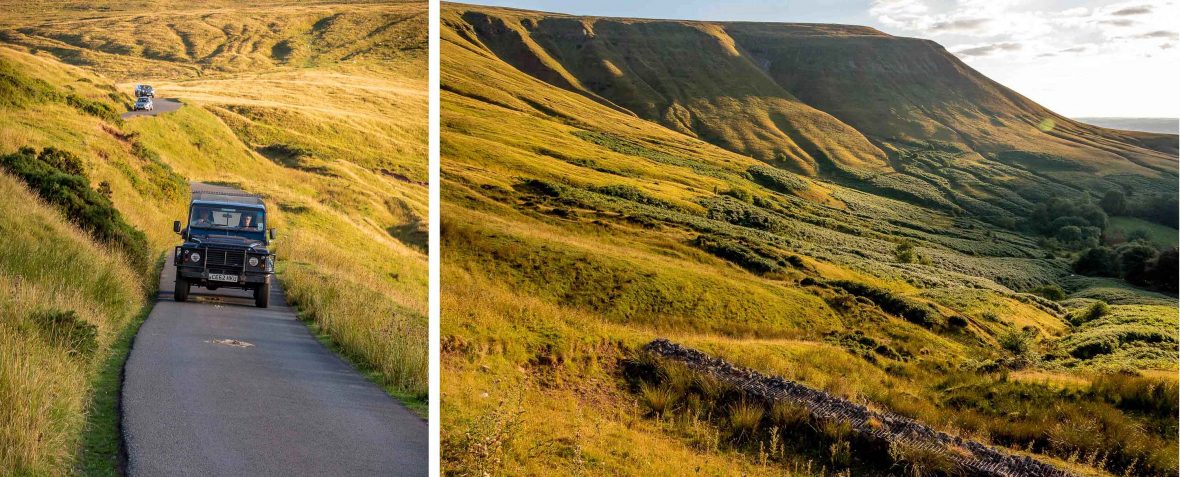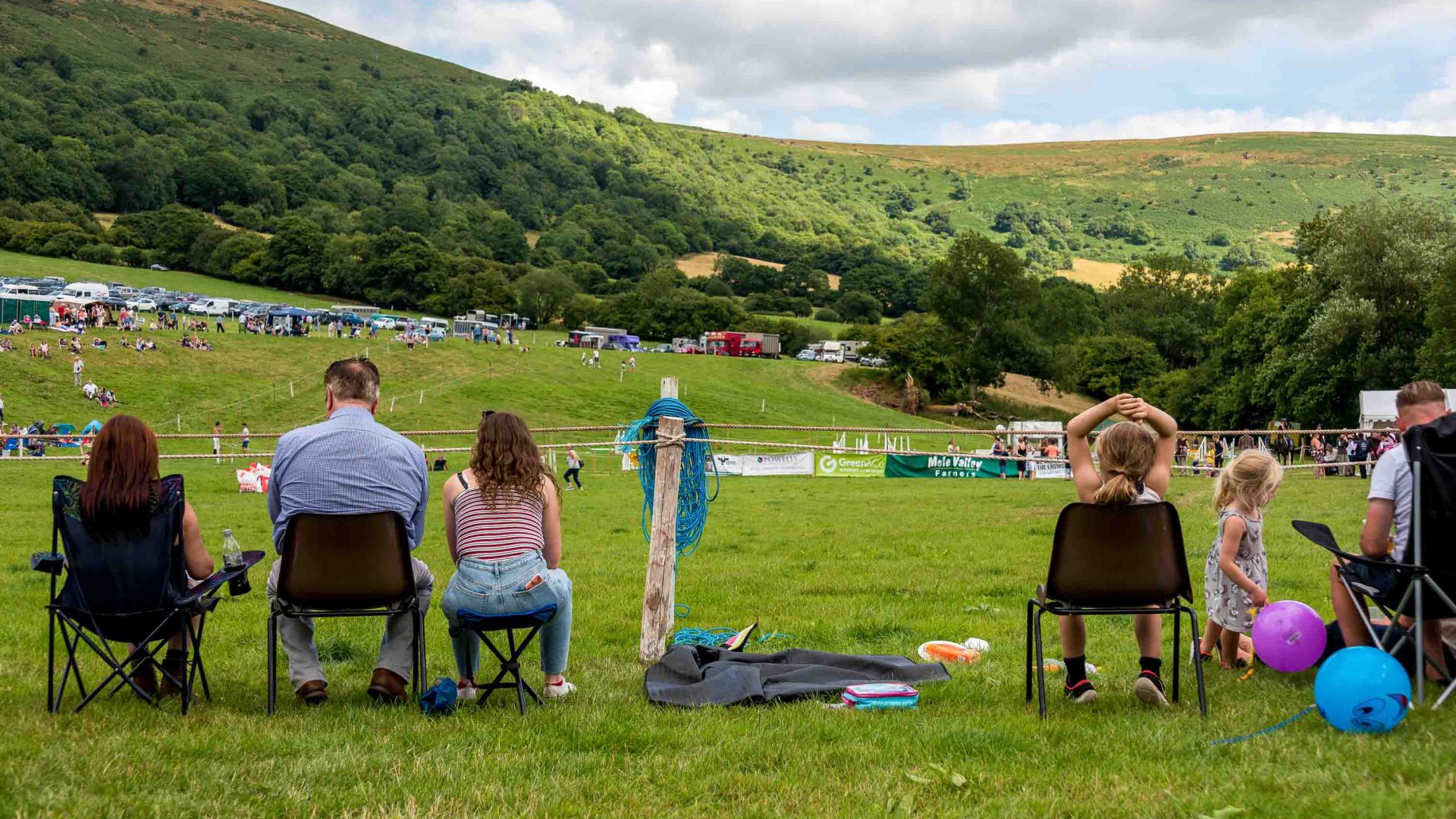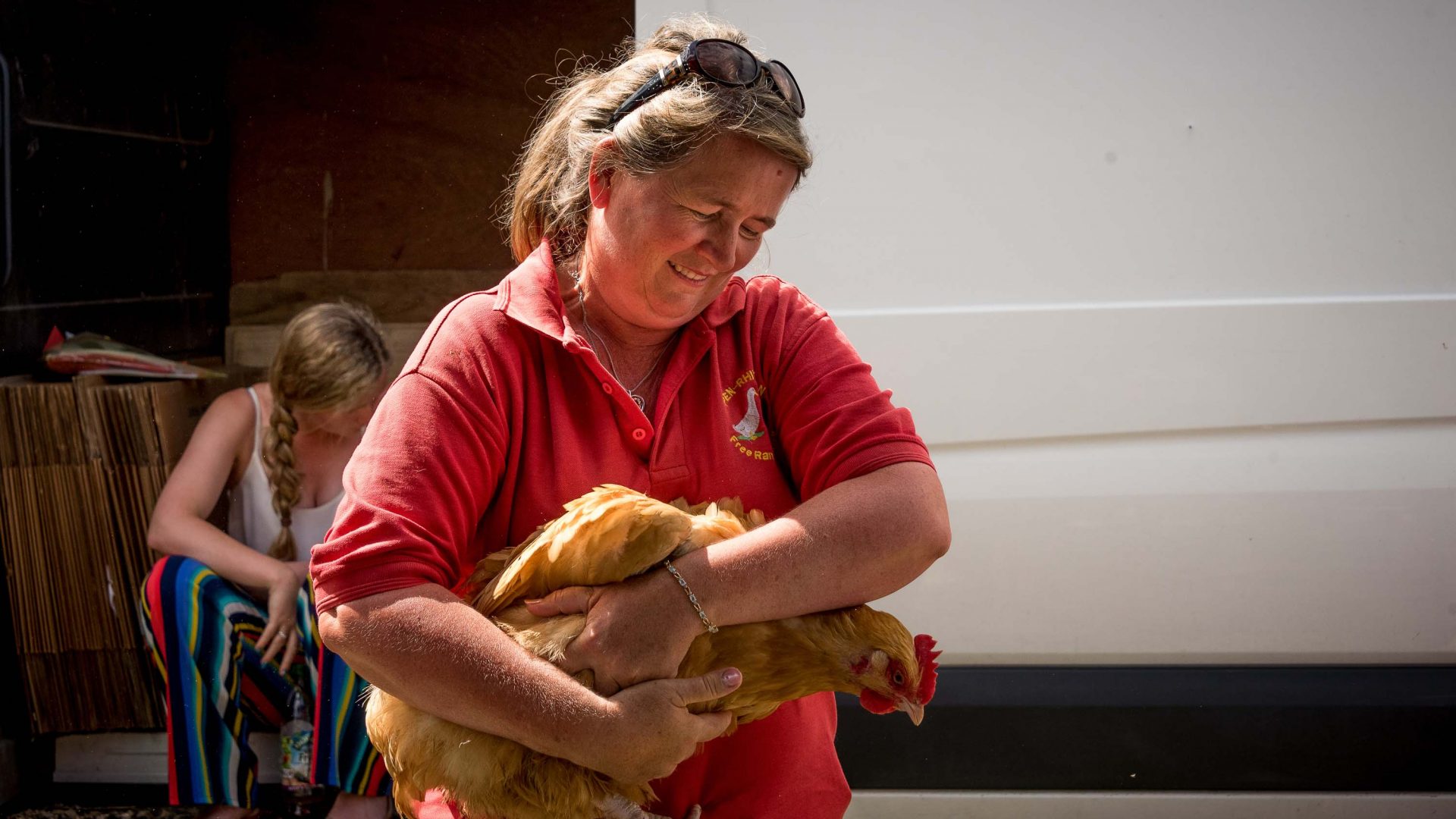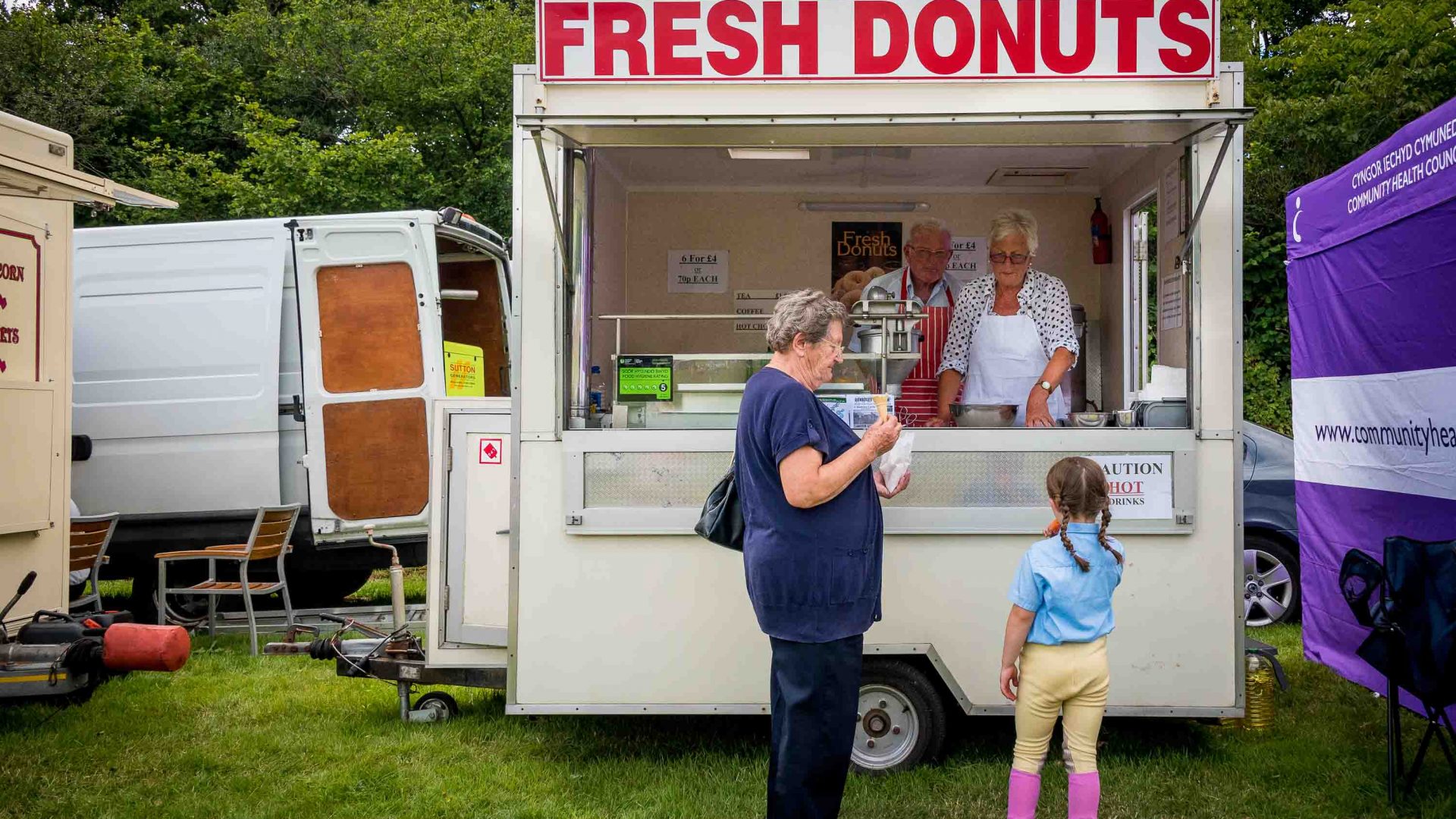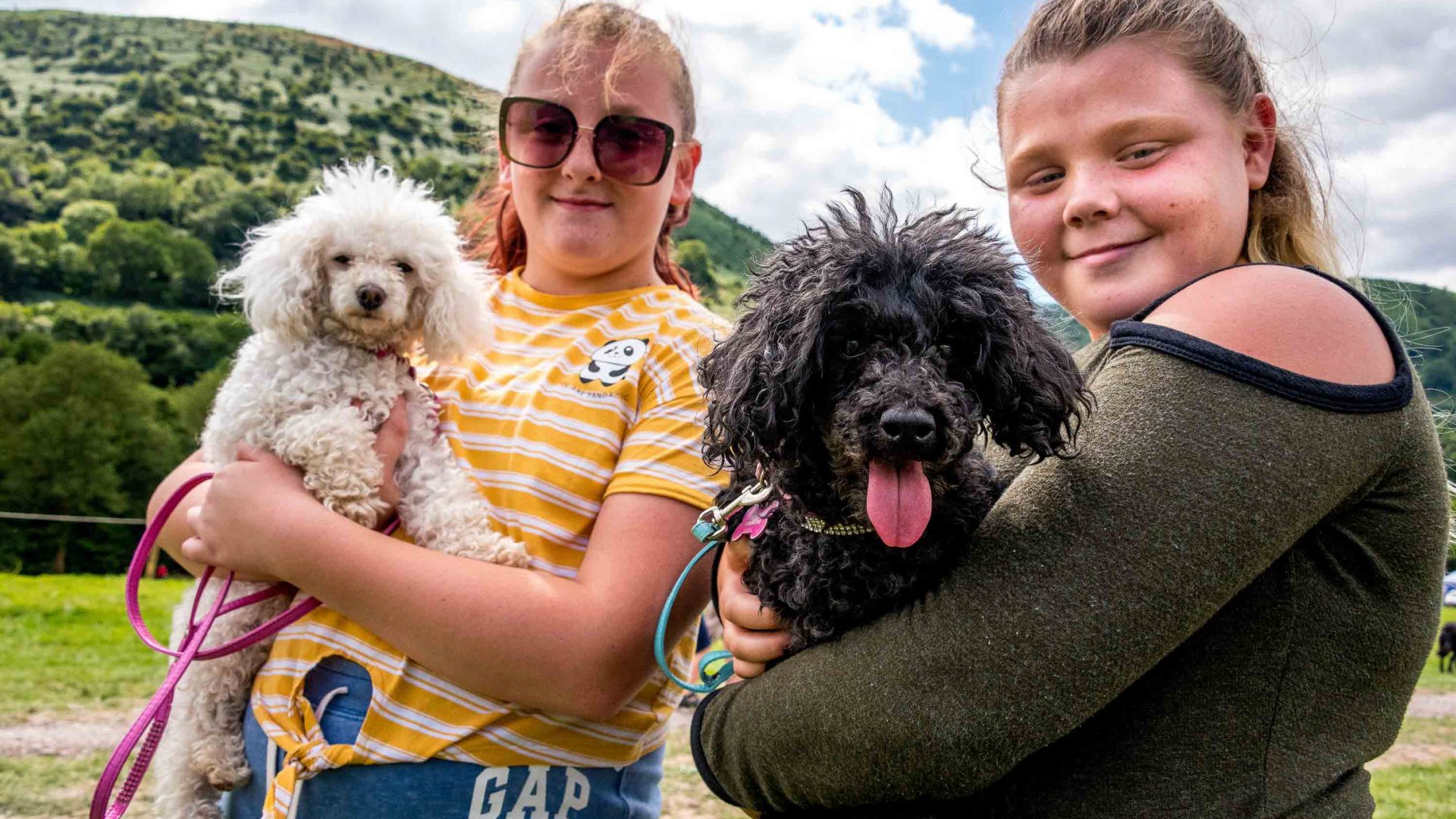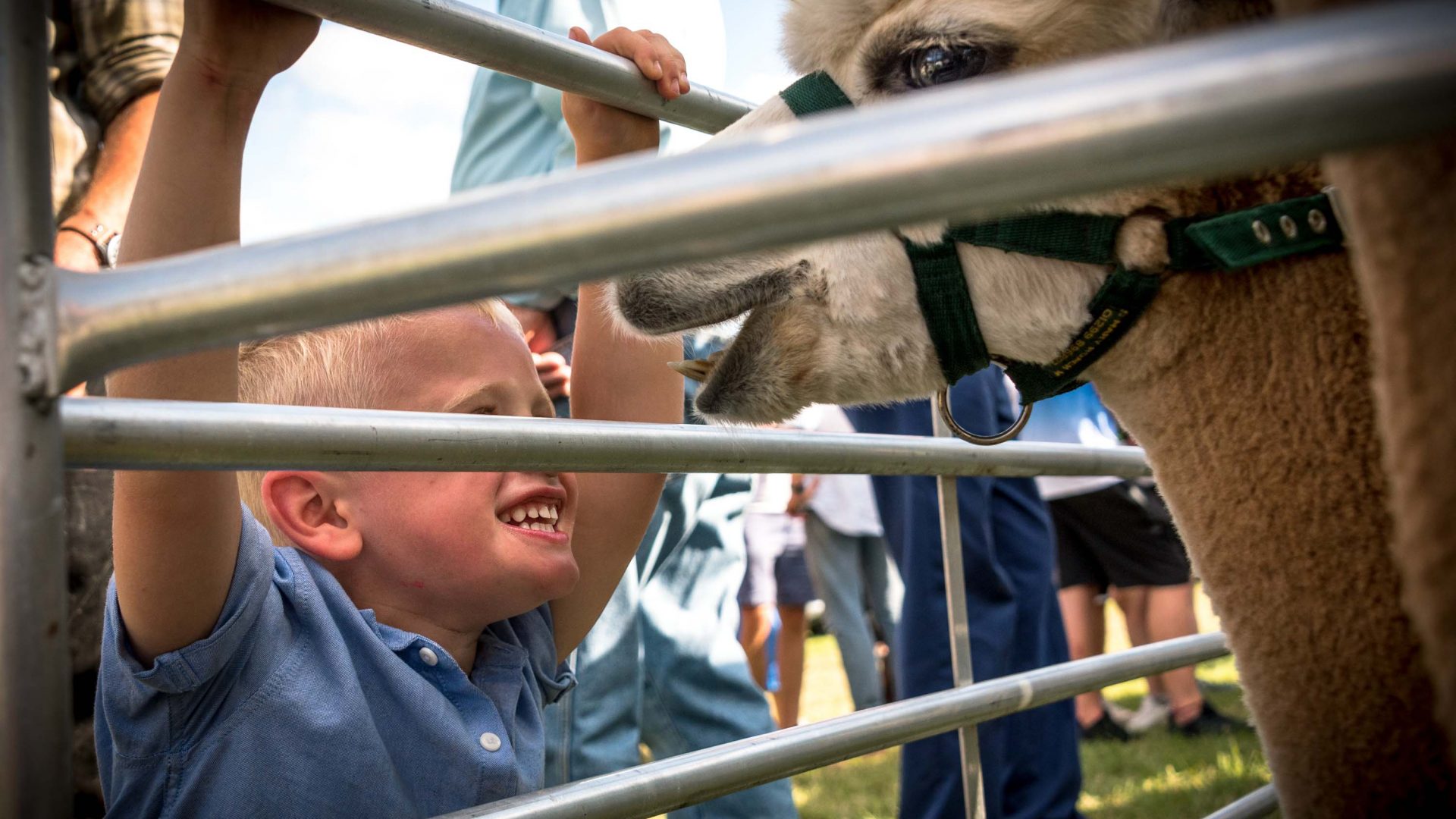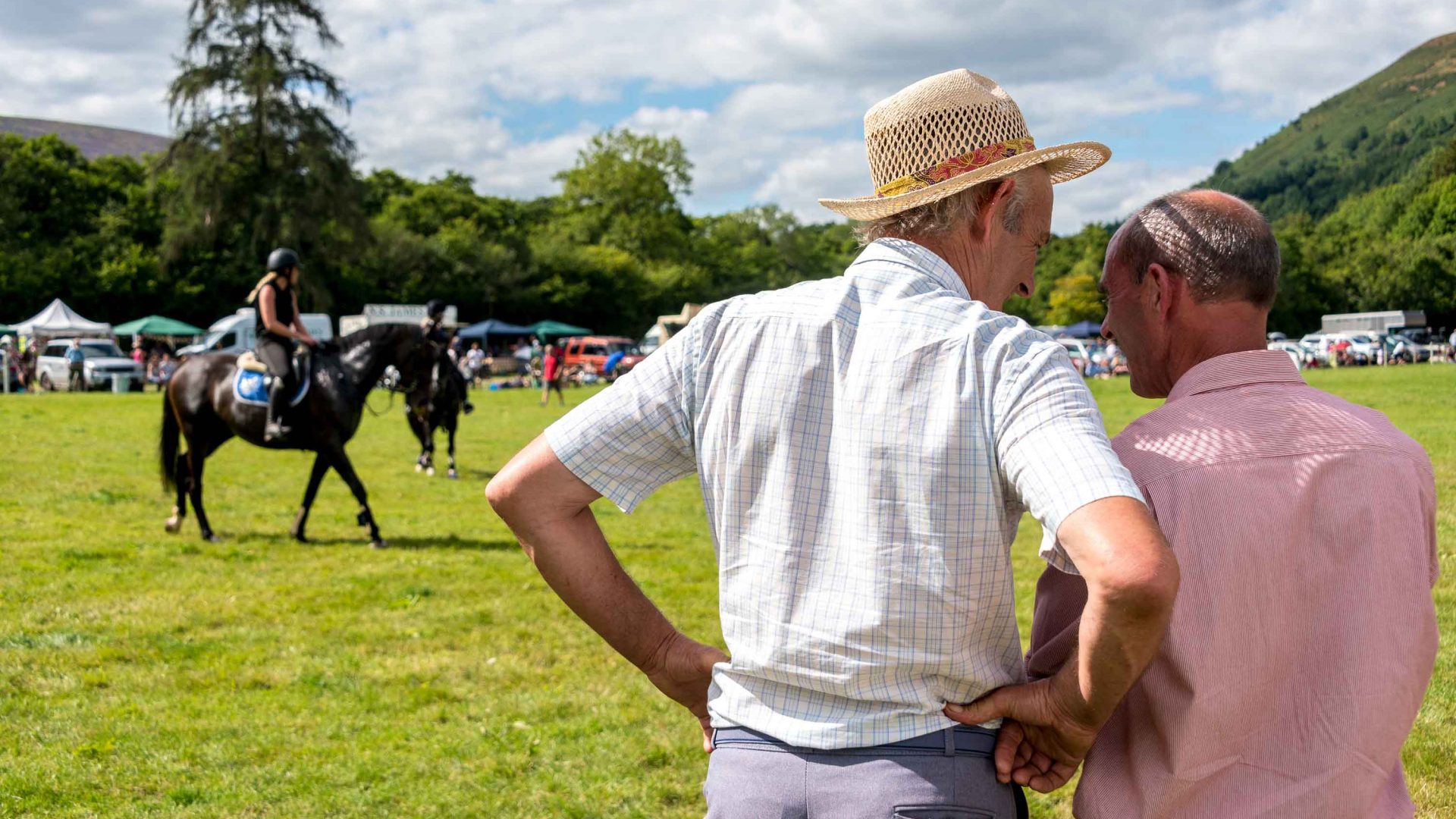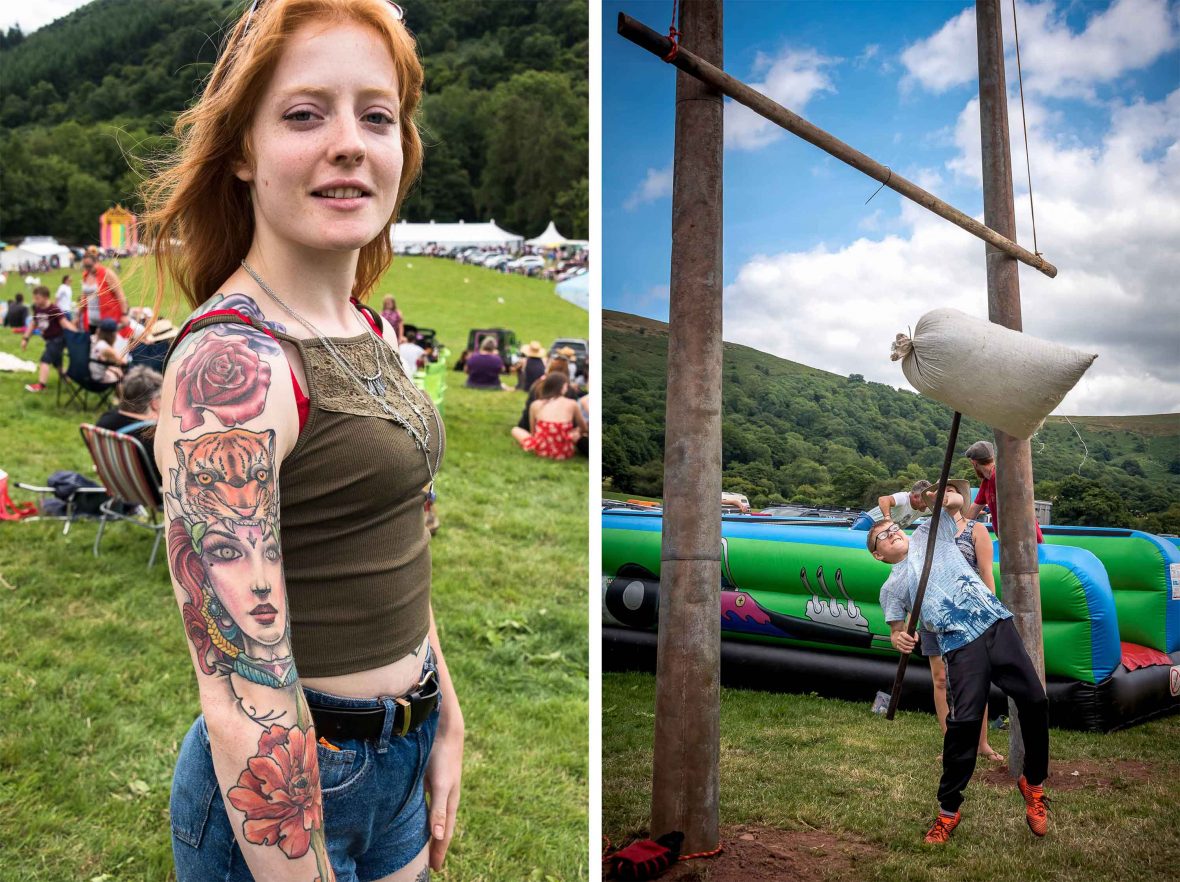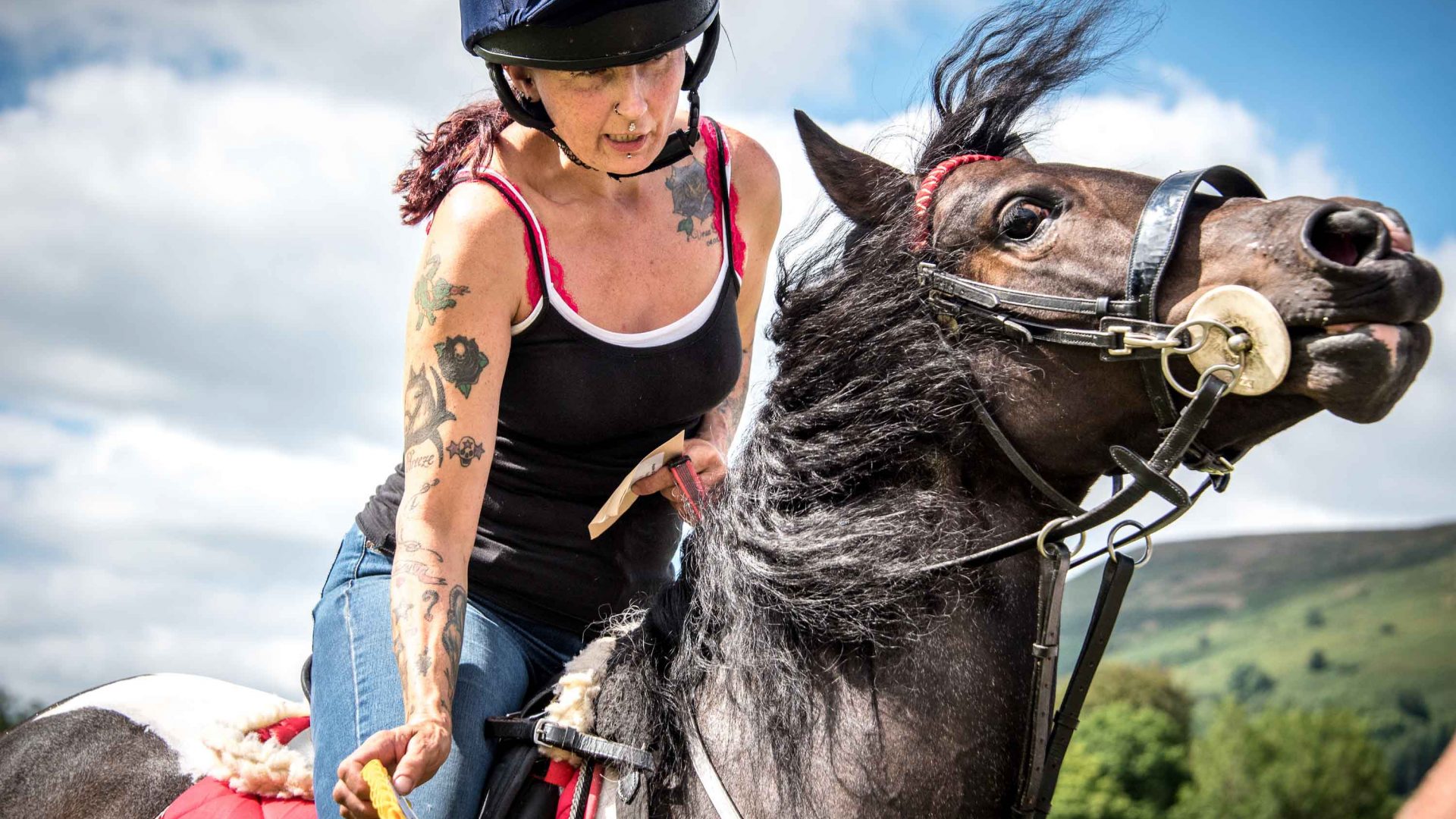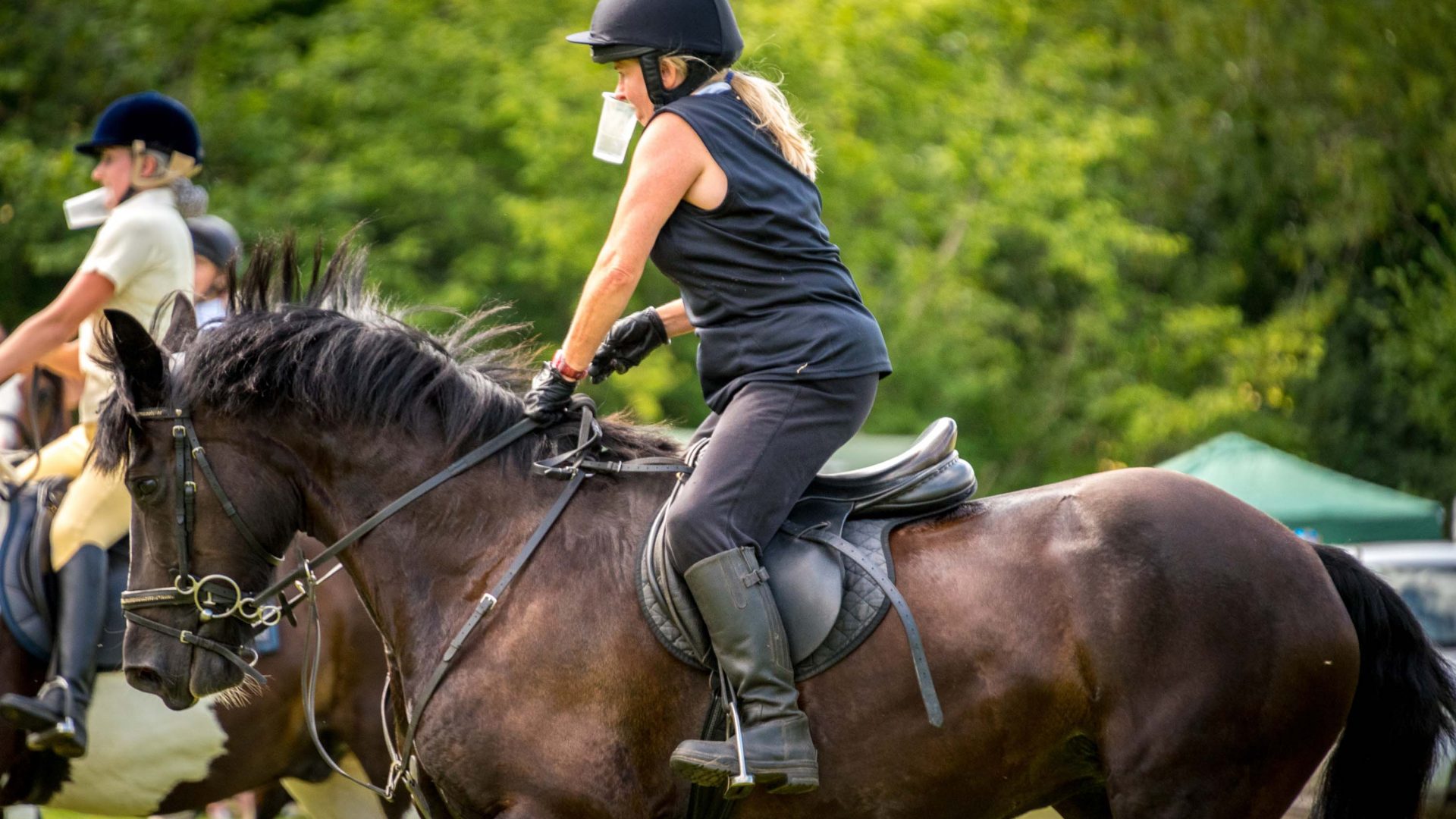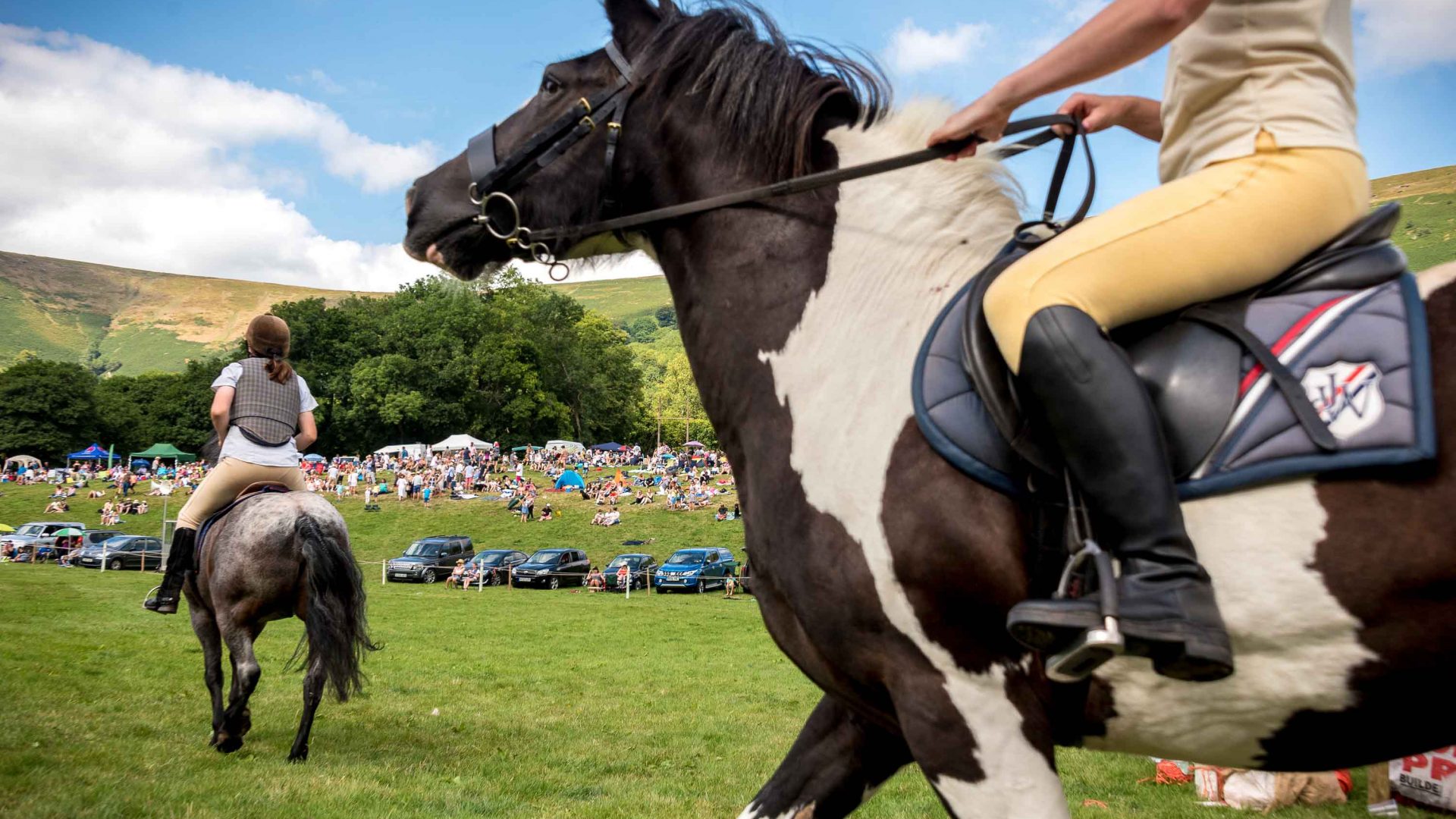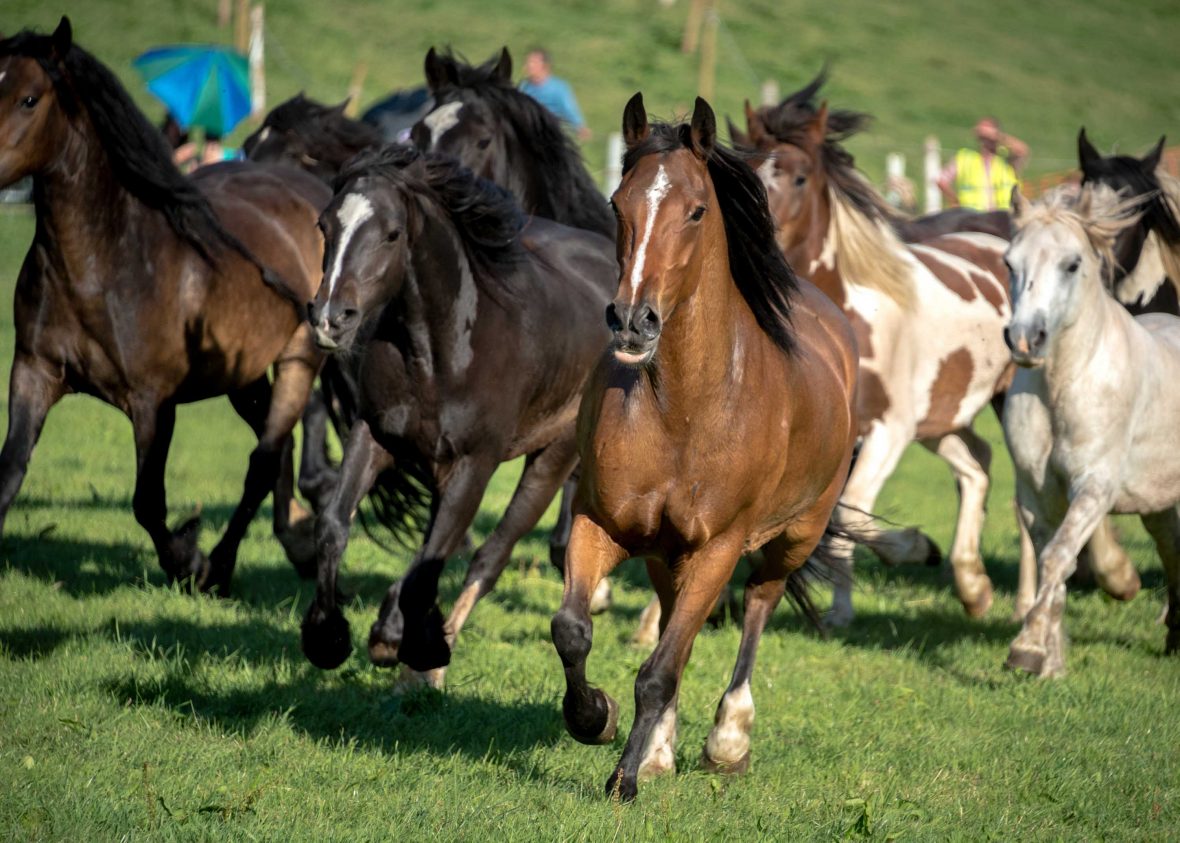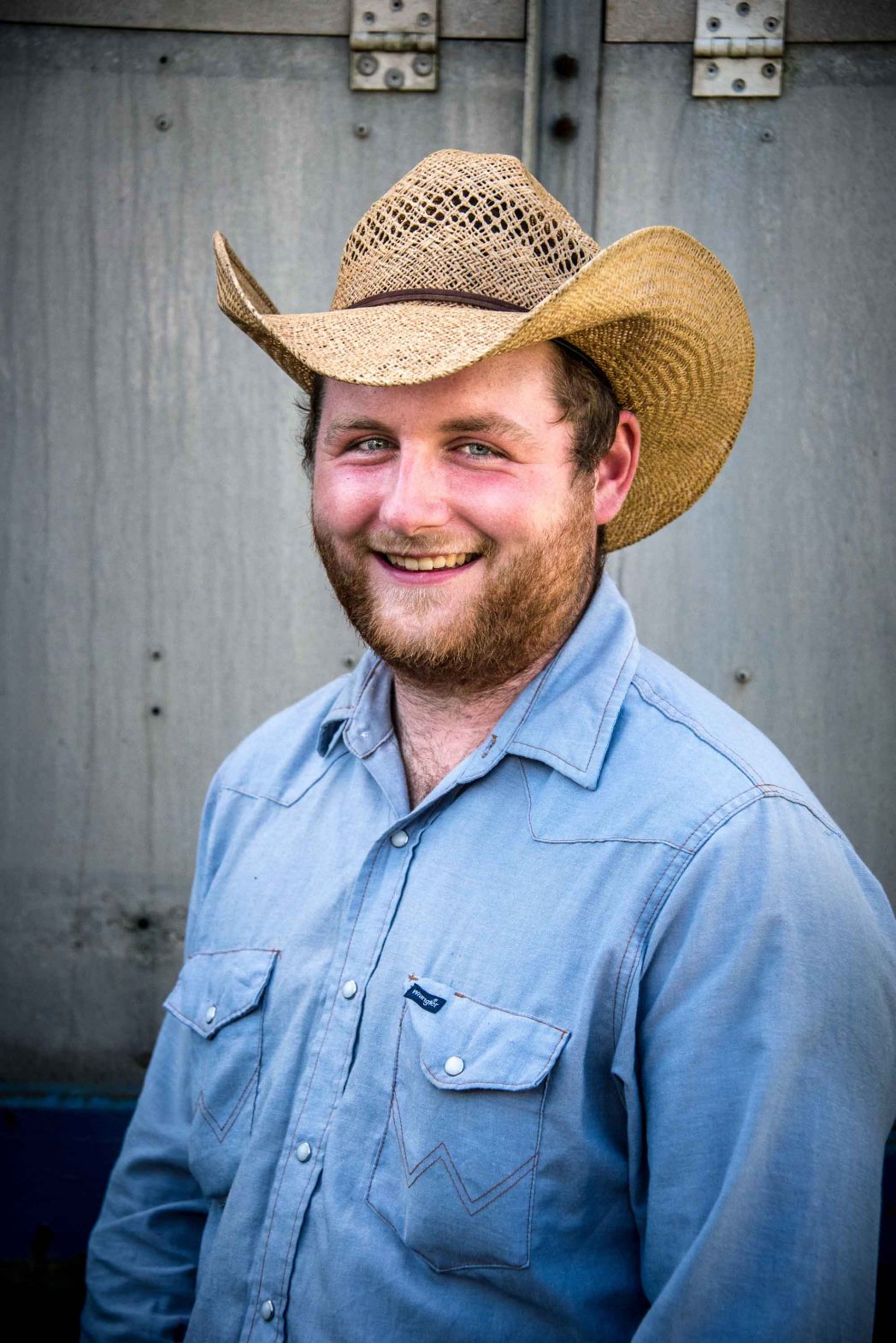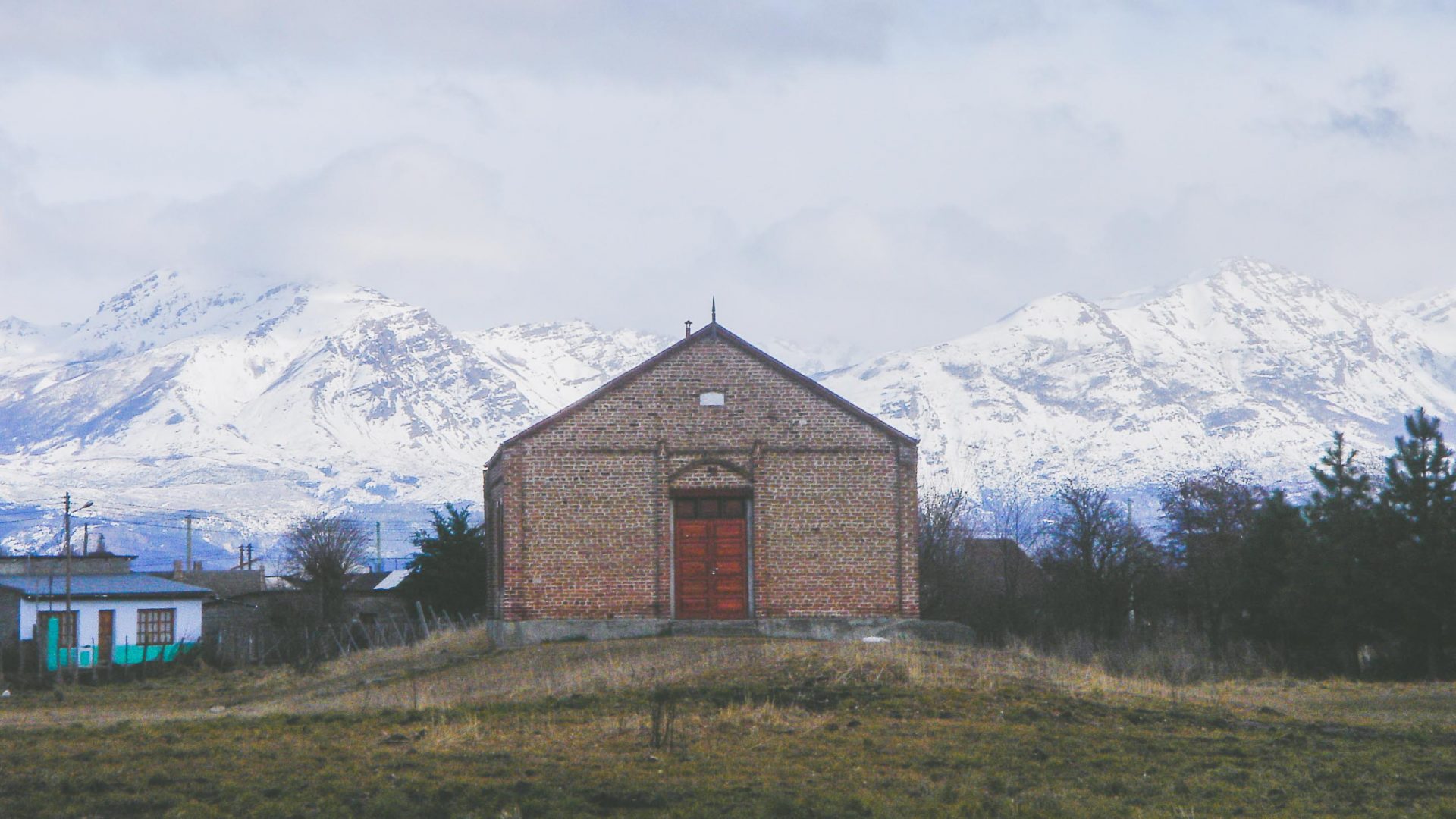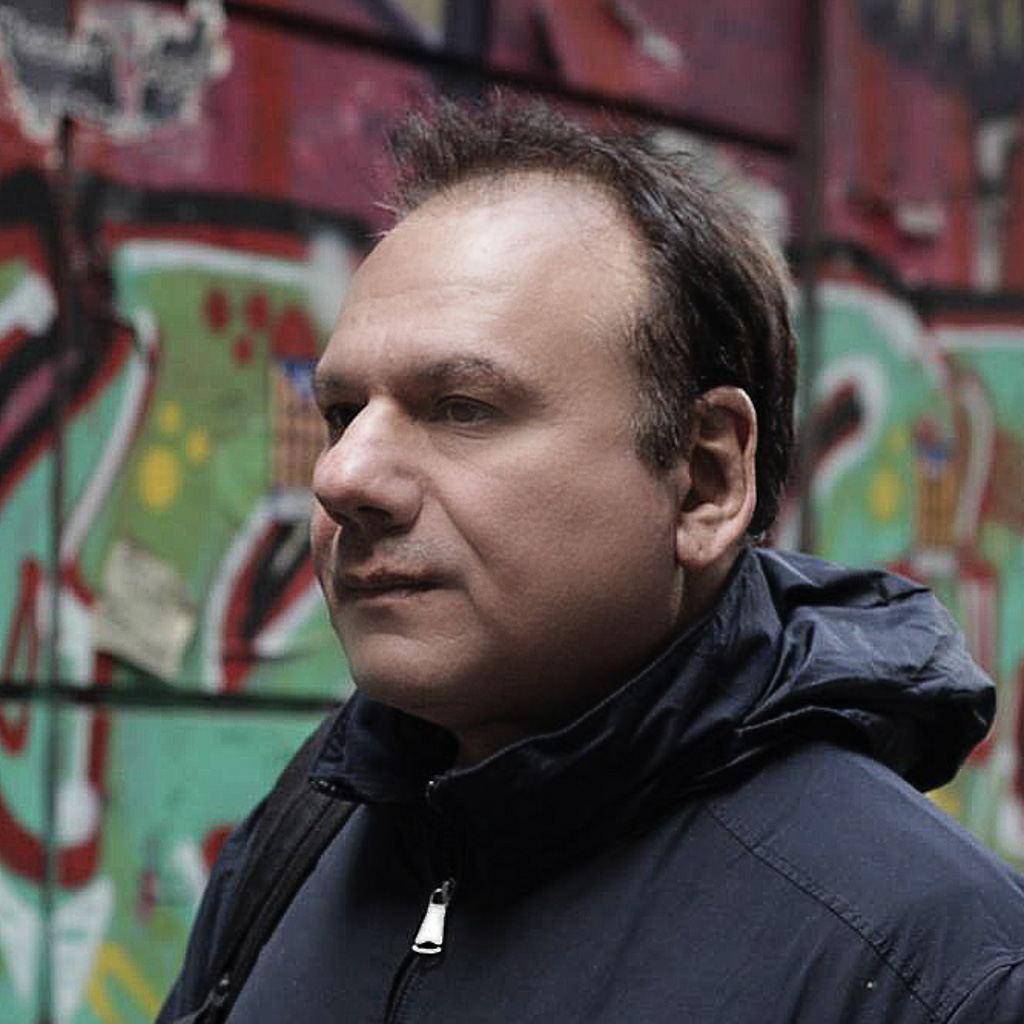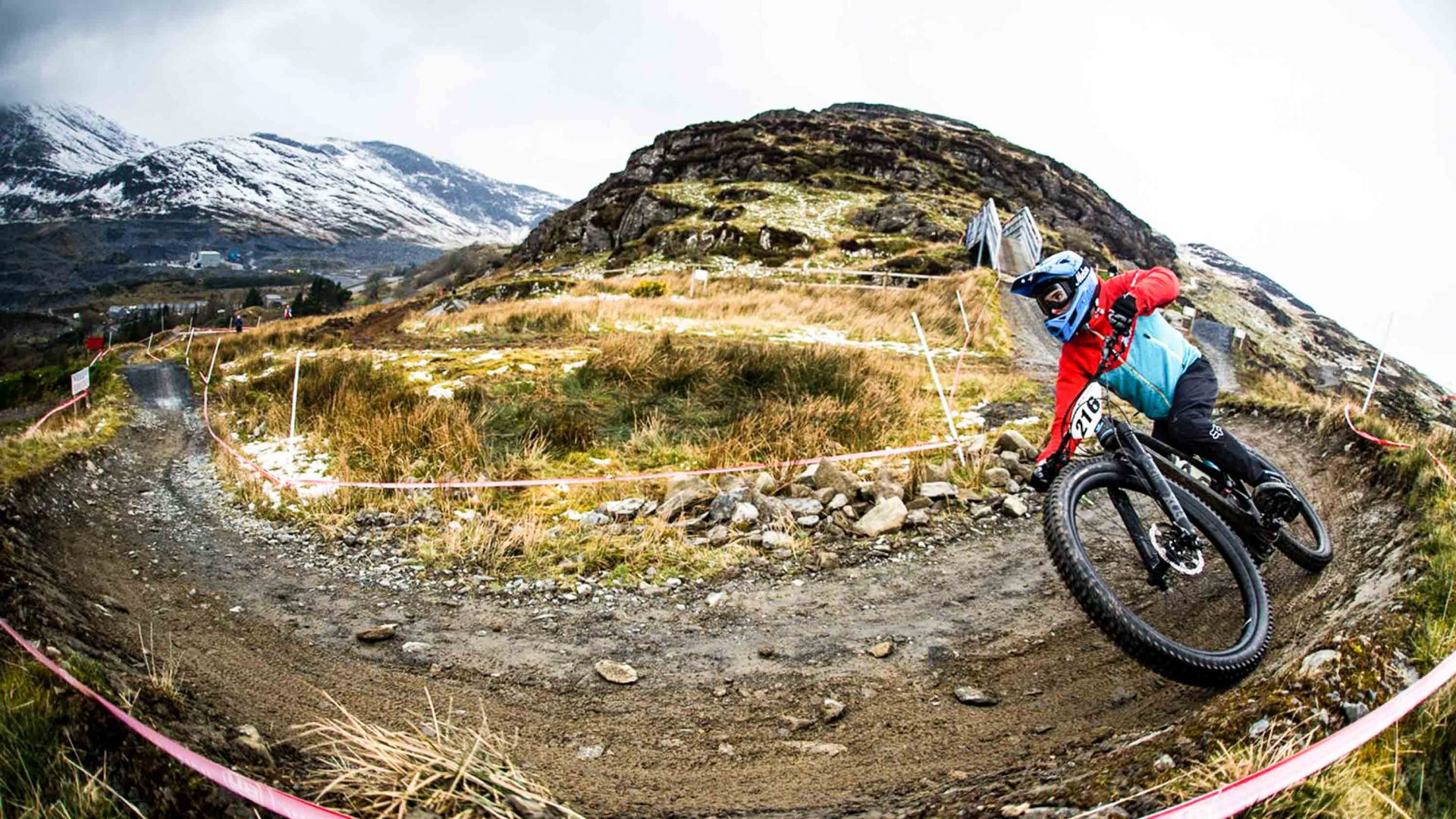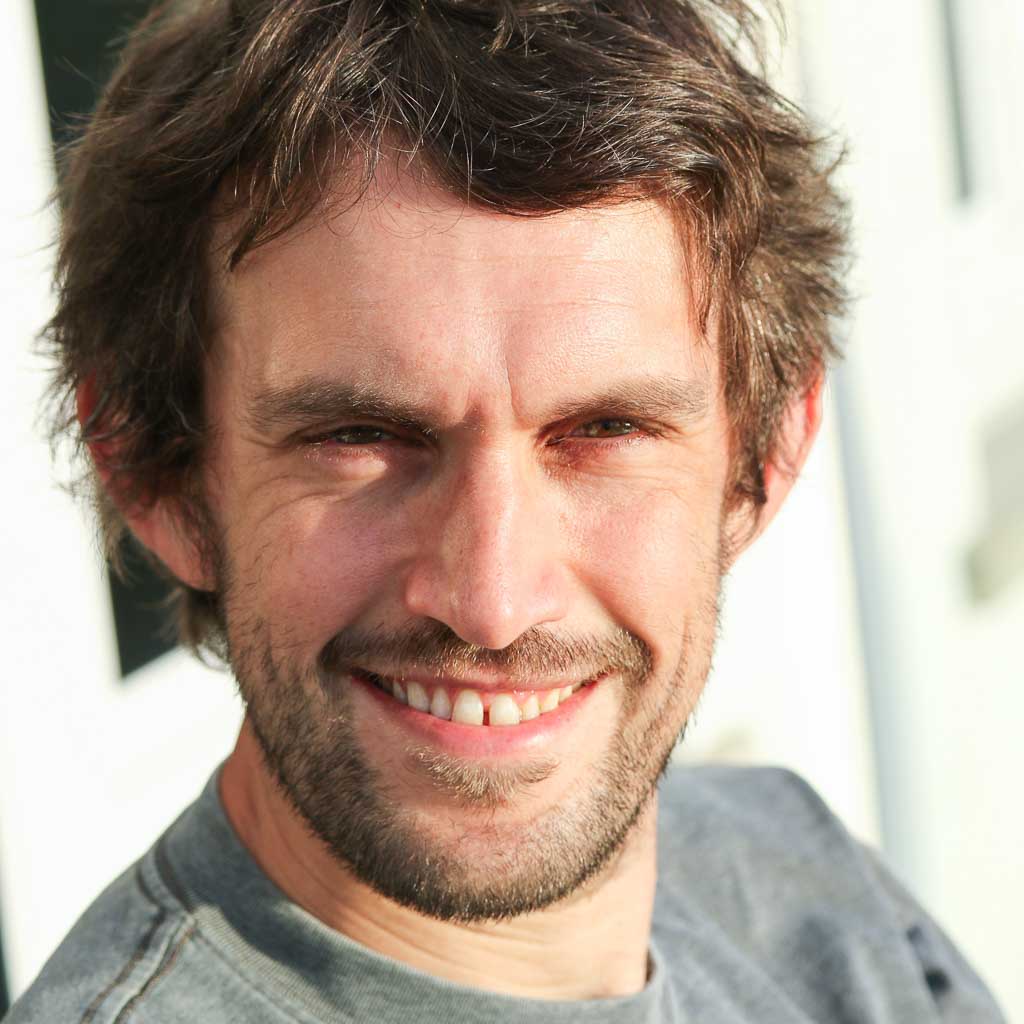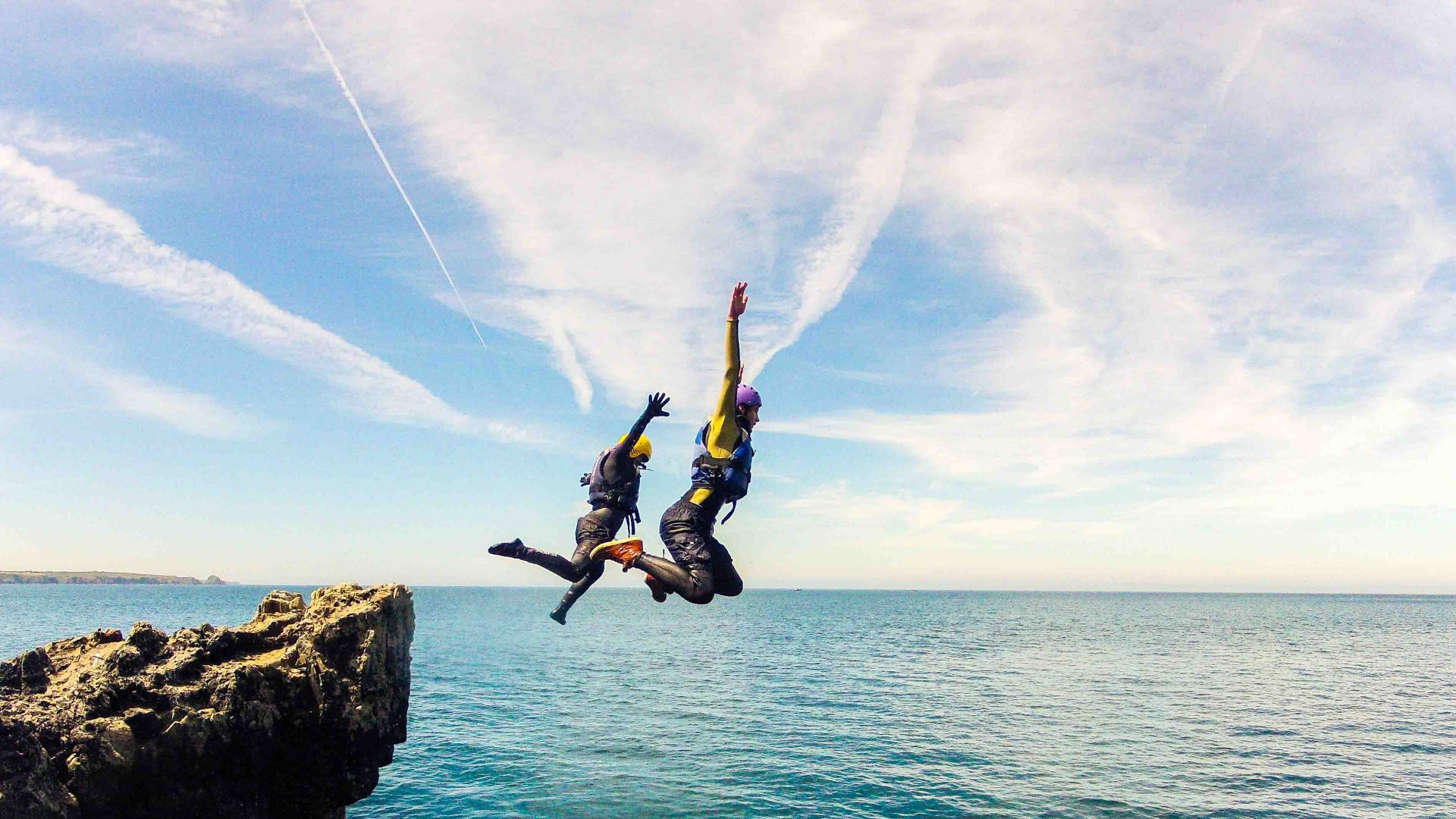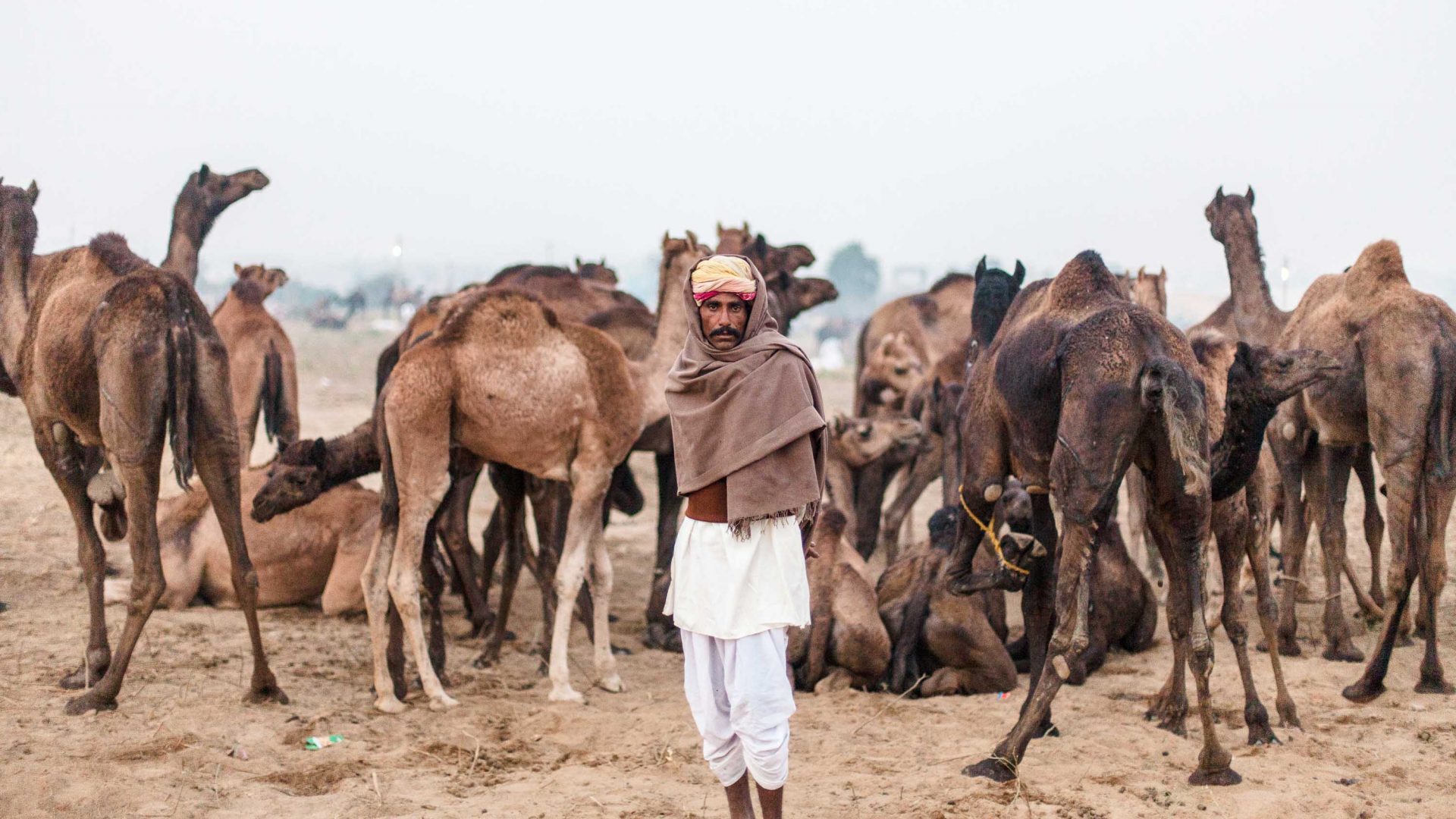Deep in the Welsh countryside, a small, community-run fair has been dishing up a bucketload of unapologetic rural tradition for nearly 60 years. Lola Akinmade Åkerström pays a visit—camera firmly in hand.
Over an
hour and a half into our estimated 30-minute drive from the pint-sized, literary powerhouse village of Hay-on-Wye, we sit gridlocked on
a single lane backcountry road. We are stalled in Brecon Beacons National Park.
Behind our minivan is a narrow queue of cars and in front of us, a similar
queue of curiously patient
drivers.
For the last hour, we have been stopping, reversing, manoeuvring, backing up and inching our way deeper into the remote countryside of South Wales.We finally break through the jam and hurtle onwards only to meet an enormous convoy of motorcyclists head on.
But I don’t
mind all that much, because I know we’re almost there.
The Llanthony Show gathers roaming horses just hours before the show itself day and releases them right back into the mountainous park. Beyond local riders, it also attracts enthusiasts from across the UK. The goal is for each gutsy rider to stay as long as they can on these wild horses.
Naturally, a show like this doesn’t come without its critics. And while the event may have been par for the course back in 1962—you can see how it could trigger animal rights activists in 2019 (no matter how well the horses are treated before, during and after the show).
In fact, the Society for the Welfare of Horses and Ponies has raised valid concerns about the show’s rounding up of wild ponies for entertainment purposes in the past. It’s hard to say how much longer the rodeo will be able to continue in its current form, and the pressure will presumably only continue to mount, but for now, the show goes on.
I hear them before I see them, and I say a quick prayer for the day’s riders (and horses). There are roughly 12-15 of them—a mix of young men and women donning helmets. Beyond that, they’re in jeans, t-shirts, and whatever casual summer wear they’ve seemed appropriate for the rodeo. I may be standing at a distance, but I can still see the terror on their faces.
RELATED: The Welsh mining town-turned adventure hotspot
Suddenly, the gate is unlatched, volunteers dive out of the way for their lives, and the rider is thrown off within seconds.
With each subsequent rider flying spectacularly through the air, the others waiting their turn look less confident with every throw they witness. I cringe when, one by one, they are bucked off horses, daring not to look, lest I witness a spine being broken in real-time. Yet, they press on defiantly.

